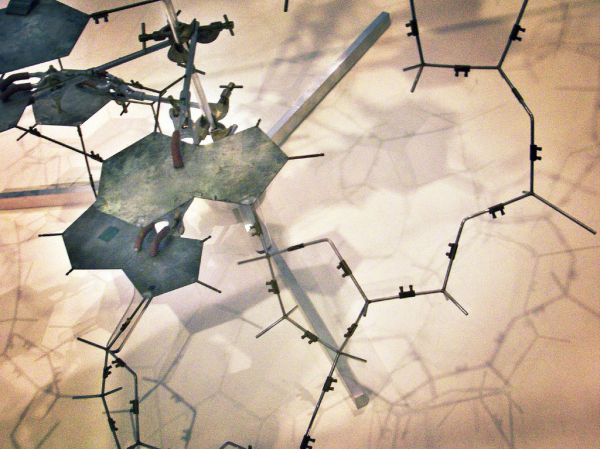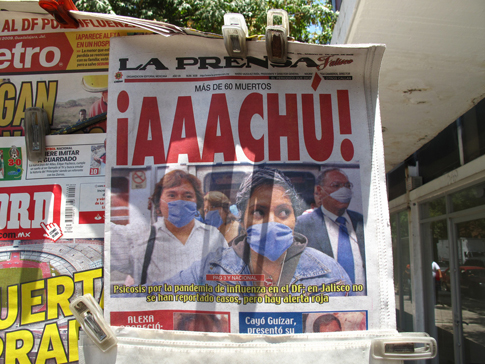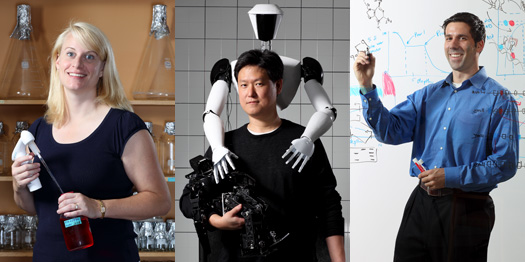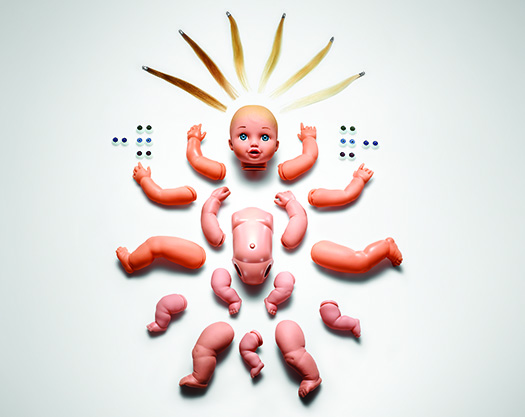

“DNA Sudoku,” a new genetic sequencing technique inspired by the popular puzzle, could reduce both time and costs in DNA sequencing in the near future, ultimately contributing to the prevention of diseases in whole populations.
The new technique reinvents the current method of sequencing, known as “multiplexing”. Multiplexing requires bar coding each strand of DNA, of which there can be thousands, before mixing them together to sequence them. Using the ideas behind Sudoku, like number-placement and combination, scientists have been able to simultaneously bar code pools of multiple DNA samples, rather than addressing each sample individually. Because of this, a project that originally might have cost $10 million would be reduced to about $50,000-80,000.
The method is best suited, so far, for genotype analysis, or sequencing short bits of a person’s genome to identify diseases. To demonstrate its usefulness, scientists have recently begun collaborating with Dor Yeshorim- an organization that has collected DNA from thousands of members within orthodox Jewish communities- to use the technique to help prevent certain diseases within those communities. The technique could probably be expanded to screen for a wide range of diseases in the larger population as well.
Who knew the game you played on your morning commute could yield something so helpful?















